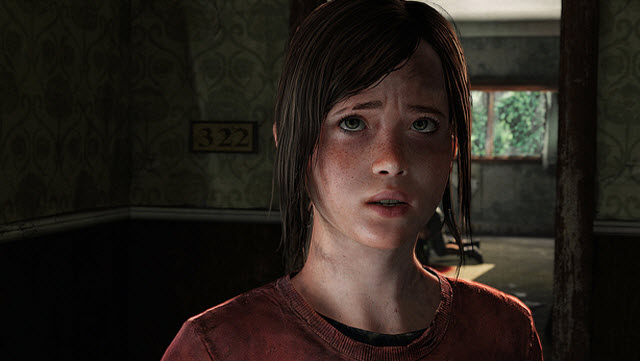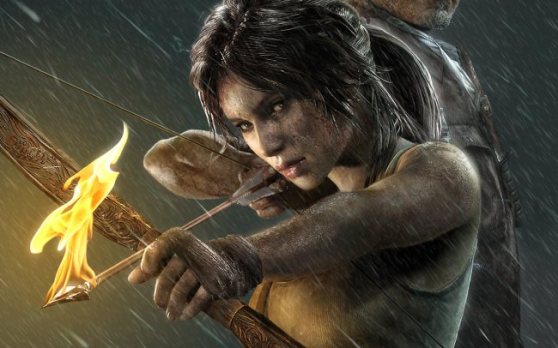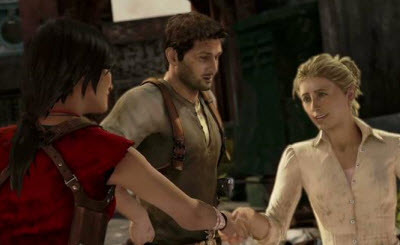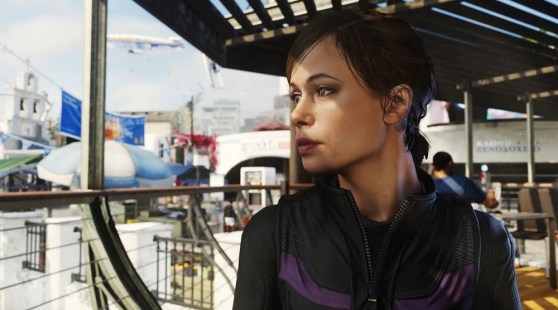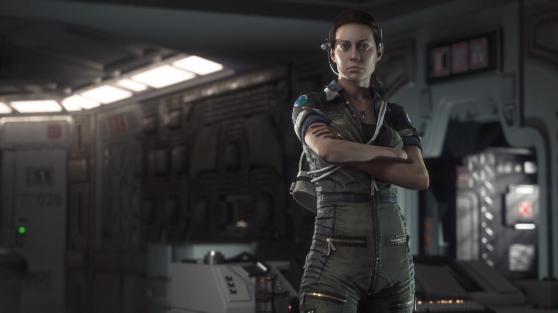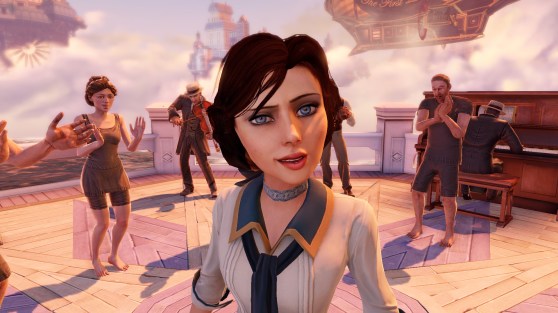Here’s a thought for the hardcore male gamers who might be offended by all of the attention from “social justice warriors” who are trying to make the game business more accepting of women. Some of the best games being created today have great female characters. In fact, some of those games are great because they have the female characters. I am pleased to say that if you wake up and look around, some of the best games being made today feature women.
We’re not talking about equal representation. Gun-toting beefy dudes, like the profoundly offensive Duke Nukem, still have the raw number advantage when it comes to video game characters, and there are a whole lot of women being victimized in graphically violent ways.
But when you talk about memorable characters in video games, the female ones are finally shining through. As a father of three girls, I’ve had to come to terms with the game industry’s history of sexism. And I am glad to say that I’ve been able to show them strong female characters in great games, just as I’ve been able to show them strong female characters like Katniss Everdeen in The Hunger Games. Katniss made such a strong impression on one of my daughters that she dressed up as her one Halloween.
I’d start with what has become my favorite video game of all time, The Last of Us, published last year for the PlayStation 3 and republished on the PS4 this summer. It tells the story of Joel, an aging tough guy, and Ellie, a teen-age girl who have survived the zombie apocalypse. Ellie is a normal girl, with freckles, cunning, a sense of humor, and a knife that she has learned how to use. She is emotionally intelligent for her age, even more so than the elder Joel. That normalcy of Ellie is an achievement in itself.
The weight of video game history was against the creation of a character like Ellie. As Anita Sarkeesian, creator of the Feminist Frequency series of video critiques of sexism in games, has noted, most female video game characters have been shallow. They come with gender signifiers — which in some cases is the only way you know they are female — such as bows, lipstick, pink clothing, pigtails, high-heeled shoes, exaggerated breasts, long eyelashes, make-up, and bare midriffs. Ellie, who is wonderfully voice acted by Ashley Johnson, has none of these. Neil Druckmann, the creative director for Naughty Dog’s The Last of Us, credited Sarkeesian for helping him shape the writing in The Last of Us.
We shouldn’t make too much of Ellie, as she is a sidekick character, meant only to trigger an emotional reaction. But she isn’t simply a damsel in distress, in need of rescue, as so many video game heroines are. Ellie becomes a playable character, who uses her stealth and mind to outwit brawny enemies.
Tomb Raider’s Lara Croft also comes to mind as a heroine who doesn’t need to be rescued. She packed a pair of six-shooters, but she also came with big bouncing breasts that showed off physics technology in video games. Many feminists (and hardcore male gamers) couldn’t see past that, but Square Enix finally got what was special about Lara in 2012’s reboot of the franchise, where Lara (with reduced breast sizes) comes of age, moving from vulnerable victim to a gun-toting survivor.
But Lara’s body still got in the way of her more human dimensions. She is still a kind of crossover character when it comes to sexism, admired by feminists for her strength and enjoyed for her looks by gamer dudes. It was still a little embarrassing to say you were a feminist and you liked Lara Croft. One of my daughters said, “Sure, Dad,” when I made the case for Lara’s depth.
Elena, a journalist with a sense of humor, was also a stand-out female character from the Uncharted series of games from Naughty Dog. I’ll never forget her deadpan joke, upon meeting the voluptuous Chloe in Uncharted 2: Among Thieves. She said, “I’m Elena, last year’s model.” She was beautiful, sure, but she didn’t have superhuman breasts, and she was a very interesting character. She was never tossed aside as an unnecessary character, and, as a sidekick character, she plugged a lot of bad guys with bullets.
In my previous favorite game of all time, Bungie’s Halo: Combat Evolved, you played the beefy Master Chief. But he established a rapport with Cortana, a female artificial intelligence character who was his sidekick. Cortana evolved over the years to become much more human and more interesting. In Halo 4, the story was essentially about the love between Master Chief and Cortana. That was a sign of progress, though Cortana’s final look, with the sexy attire in Halo 4, seemed wholly inappropriate. Cortana gave the game series its emotion and drama. Each game in the series gave Cortana more air time, as if Microsoft’s game designers slowly realized what they had.
2013 was a great year for other memorable female characters. Jodie Holmes, the main character of Quantic Dream’s Beyond: Two Souls, was also a vulnerable but normal-looking teen and young adult over the course of that game. She develops paranormal powers over time and becomes a power to be reckoned with, despite her small size. Jodie, who was voice acted by Ellen Page (and was remarkably similar to Ellie), learns to control her powers and her fate. She eventually takes orders from no one but herself. She’s a damsel who deals distress out to others.
Elizabeth, the female lead in BioShock Infinite, was also memorable. She had to be rescued by the male lead, but she was almost always in the story. Her outfit, which showed lots of cleavage at first, left something to be desired. But the developer eventually buttoned it up.
This year, we’ve seen a continuation of strong women. Amanda Ripley, the daughter of the Sigourney Weaver character Ellen Ripley from the Alien films, is the lead hero of one of this year’s best games, Alien: Isolation, from Sega. Like her mother, Amanda spends much of the game being chased around by terrifying aliens. But she’s not just a victim. She’s a doer, who learns how to take the fight to the aliens and the other bag guys in the game.
It is about time. Last year, with Call of Duty: Ghosts, you could finally assume the role of a female character in multiplayer combat. This was the tenth edition of Call of Duty, and, finally, in the 11th edition, this year’s Call of Duty: Advanced Warfare has a female character, Ilona, who is one of the elite soldiers working for Atlas Corp., the private military corporation that only employs the best combat soldiers. Ripley has to use her wits to sneak around and hide most of the time, waiting for the chance to fight back.
If you’ve got young female gamers in the house, there are plenty of role models in video games. You still have to choose wisely, and the pickings are often slim. But you’ll soon notice that these strong female characters often come with better writing and a more enjoyable game. Game developers should take note.
There are fewer excuses for not having good female characters in games. Game developers don’t have to be constrained by the weight of history. They have a brave new world in mobile gaming, where the audience is half female, where they don’t have to worry about losing an audience if they create realistic female characters. Indie game companies, like the Fulbright Company, creator of female-centric adventure game Gone Home, also have the opportunity to listen to their own hearts rather than a publisher’s dictates about good video game marketing rules.
The market will surely reward those who create believable, fun, interesting, smart, or strong female characters. And regardless of the market’s fickle tastes, strong female characters are simply overdue. Bring ’em on.
VentureBeat's mission is to be a digital town square for technical decision-makers to gain knowledge about transformative enterprise technology and transact. Learn More
